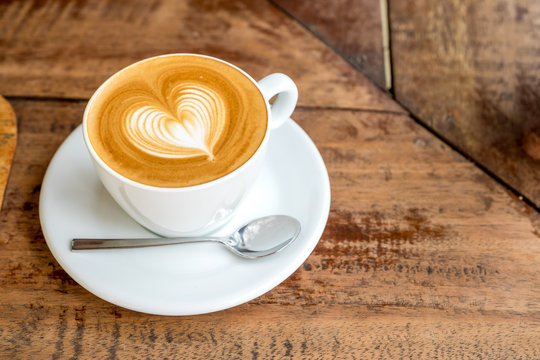Back
The Effects of Coffee on Bowel and Bladder: What You Need to Know
By Dr. Zarina Vitebsky, DPT, MSPT, PRPC, TPS, LPF, DN on 7/31/2023

Coffee is a beloved beverage for many of us, but what effects does it have on the bowel and bladder? Here's a comprehensive look at the impact of coffee, specifically focusing on its caffeine content, on these essential parts of our body.
Caffeine: A Double-Edged Sword
Caffeine is the central component in coffee, responsible for its energizing effects. Up to 400mg/day is considered safe for most healthy adults, which is equivalent to roughly 4 cups of brewed coffee or 2 energy drinks. Here's what you need to know:
Be Cautious with Caffeine Powder: A teaspoon may be equivalent to 28 cups of coffee, leading to serious health issues.
Pregnant or Breastfeeding?: Speak with a physician, as it's advisable to limit intake to less than 200mg/day.
Exceeding the Limit: Drinking more than 400mg/day may lead to insomnia, irritability, heart palpitations, headaches, and frequent urination due to caffeine being a bladder irritant.
Bladder: Handle with Care
Coffee's acidity and diuretic effects, along with its high caffeine content, can irritate the bladder. Here's what you can do:
Balance with Water: Follow up coffee consumption with equivalent or double water intake to dilute coffee and decrease bladder irritation.
Consider Your Symptoms: If you suffer from UUI (Urge Urinary Incontinence) or urinary urgency throughout the day, reducing or avoiding coffee until you have better control of your bladder may be wise.
Bowel: A Stimulating Effect
Coffee contains properties that can stimulate bowel movements (BMs) through caffeine and additional compounds. Here's how:
Colon Contractions: Influenced by muscular, neural, and chemical factors, coffee induces colon contractions via neural causing a hormonal response.
Studies Show: Regular coffee was found to be 60% more effective in stimulating colonic motor activity than warm water, and decaf was 23% more effective. Colon activity increased within 4 minutes of drinking regular black coffee.
The Good and the Bad: Coffee's melanoidins aid in digestion, but as a diuretic, it may remove liquids from stool, leading to constipation.
Not a Sole Solution: Coffee may aid in colonic stimulation, but shouldn’t be the only reliance for BMs. Contact a licensed healthcare professional for proper management.
Recommendation
If you do not have bladder dysfunction but struggle with bowel dysfunction, coffee may be beneficial in aiding colonic stimulation. However, it should not be used as a sole treatment or reliance. Always consult a licensed healthcare professional for management of the underlying condition. If you’re experiencing pelvic floor dysfunctions including bladder and/or bowel dysfunction, please reach out to us at Pelvic Health Physical Therapy Center in Madison, NJ to set up an evaluation and treatment!
Feel free to call us at 908-443-9880 or email us at contact@pelvichealthnj.com.
Resources
Read More:
Fascial Counterstrain of the Musculoskeletal System By Shannon Strauch, PTA, STMT-1 on 10/21/2024 How treating cartilage and fascia can help reduce joint pain and improve organ function The Impact of Long-Distance Cycling on the Pelvic Floor: Pudendal Nerve and Pelvic Dysfunction By Dr. Christine Martirez PT, DPT on 10/18/2024 Learn how long distance cycling can impact the pelvic floor
Are you ready to live pain free?
Request An Appointment